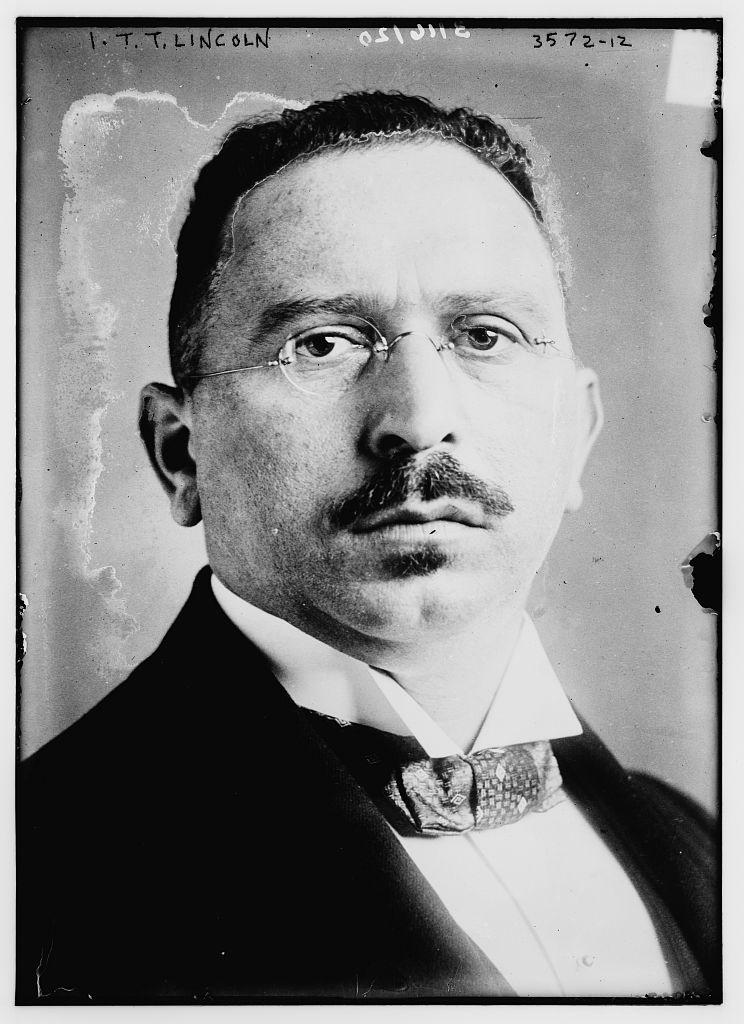Ignác Trebitsch was born in 1879 in Paks, Hungary. He lived an adventurous life and spent the last years of his life in China. He worked as a Presbyterian priest, a Buddhist monk, a writer, and a representative in the British Parliament. But he also worked for the secret services of various countries, sometimes at the same time.
The Hungarian man worked for the Hungarian, German, English, American, French, Czechoslovak, Bulgarian, Chinese, and Japanese secret services, and he may have been involved with other countries as well, writes szeretlekmagyarorszag.hu.
He also met influential politicians, such as Winston Churchill or Adolf Hitler.
He seemed to be a smart boy as a child. By the time he was 10 years old, he spoke German and French. His family resided in Budapest, but he had something else in mind. When he grew up, he started working for secret services and travelled the world. Or at least a large part of it.
He was Jewish but decided to be christened in Hamburg and joined the Irish Presbyterian church. In the meantime, however, a life-changing event took place: Ignác met Margaret, as the story goes, and they fell in love. They travelled to Canada together, and the man studied theology at McGill University. He then became a priest and took up the name Timothy. He eventually married Margaret, and the couple had three sons.
But the adventures that happened up to that point were not enough for the Hungarian traveller. He changed his name to Ignatius Timothy Tribich-Lincoln.
He moved to Belgium, worked for a social sciences research centre. Then, he moved back to England and ran in the elections under the Liberal Party I Darlington. He received his English citizenship in the middle of the elections, and allegedly, the secret services helped him to get it. He was also helped by politicians like Lloyd George or Winston Churchill. But his activities as a member of the secret service did not end. He was a parliament representative, and he still worked for the Bulgarian, German, and British secret services at the same time.
He later sent two of his sons to a Swiss boarding school. Then, the rest of the family moved to Bucharest, the capital city of Romania. After that, they were back in England. He worked on a book about spies afterwards, but the content raised suspicion, and he ended up taken into custody in New York. He escaped.
He moved to Berlin, then Vienna. He got news about a German-Hungarian right-wing conspiracy, and he told the French secret service. He was paid for it. Then, he also informed the Czechoslovak secret service. Here, he had a problem because the secret service paid less than he expected, so he sued the state from Vienna. Of course, that was a lost cause.
He then went to the United States but raised suspicion. So, he simply took another fake passport and headed to Japan and China. When he made it to said countries, he found out that his oldest son, John, was charged with murder and sentenced to death.
He wanted to see his son one last time, but his plane only got to Amsterdam.
He lived as a Buddhist monk after losing his son. But he was in the higher circles in China as well, holding seminars. Then, his journey became even more interesting when he founded a Buddhist propaganda organisation. He eventually wanted to move back to Hungary, his original home country, and wrote letters to the government as well. However, based on his past, the wish to move back to Hungary was denied. He passed away in Shanghai at the age of 64.
Trebitsch was a true trickster. He was very attractive and kind. These attributes can be associated with every con man, writes Múlt-kor. He was very sensitive, had persuasion techniques, was good at languages and communication, and he even risked his life to make a living.
One of the most important motifs in his life was the desire for acknowledgement and glory.
He was also a person with a condition of manic depression where he experienced extreme lows and felt extreme happiness at times. He was extremely happy when he saw himself in the newspapers, or the public gave him attention and acknowledgement.
